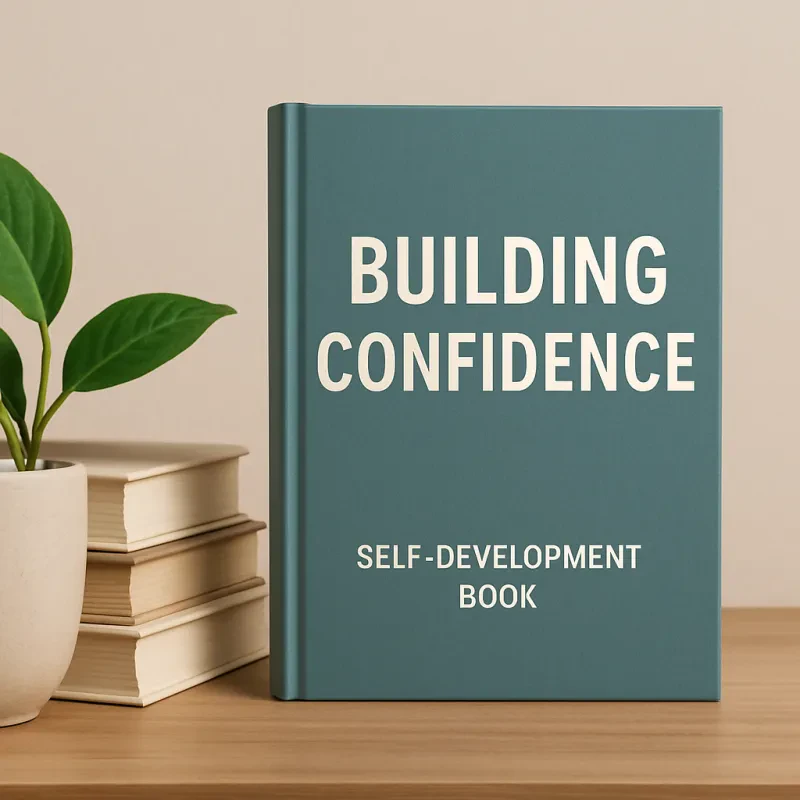How to Value Yourself: A Practical Guide to Self-Worth
The journey of valuing yourself is crucial for leading a fulfilling life. When you have strong self-esteem, it can positively impact your relationships, career, and emotional well-being. Unfortunately, low self-worth can lead to anxiety, depression, and a lack of motivation. Studies have shown that self-esteem plays a significant role in mental health outcomes. Recognizing your value is the first step in this transformative journey.
Understanding Your Worth: Identifying Your Strengths and Values
Recognizing your strengths is essential. Start by reflecting on your experiences and traits. Ask friends or family to share what they admire about you. This external feedback can provide valuable insights.
- Self-Reflection Questions:
- What am I good at?
- What compliments do I receive most often?
Next, define your core values. These are the beliefs that guide your decisions and actions. Aligning your everyday life with your values can strengthen your self-worth.
To truly appreciate your journey, recognize your accomplishments. Celebrate both big and small milestones. Acknowledging what you’ve achieved can inspire you to reach higher.
Challenging Negative Self-Talk and Limiting Beliefs
Negative thoughts can hold you back. Common patterns include:
- All-or-nothing thinking
- Catastrophizing events
- Discounting positives
To combat these thoughts, try cognitive restructuring. This technique involves reframing negative statements into positive or realistic ones. For example, instead of saying, "I always fail," say, "I have struggled, but I can learn from my mistakes."
Self-compassion is key. Treat yourself with kindness just like you would for a friend. This approach can help you overcome self-criticism and encourage a healthier mindset.
Setting Healthy Boundaries and Saying No
Boundaries protect your well-being. Start by defining what is acceptable for you in various areas of life. Communicate your needs clearly and calmly.
Learning to say no is essential. You don’t have to over-explain or feel guilty. Here are common situations where you might practice saying no:
- Overcommitting at work
- Taking on extra responsibilities in friendships
- Accepting invitations that drain your energy
Creating these boundaries allows you to prioritize your well-being.
Prioritizing Self-Care: Nurturing Your Physical and Mental Health
Physical health influences self-worth. Regular exercise and a balanced diet can boost your mood and energy. Find activities that you enjoy. This could be yoga, hiking, or going for a walk.
Mental health practices are equally important. Techniques like meditation and mindfulness can help you stay grounded. Explore different methods to find what resonates with you, whether it's journaling, breathing exercises, or listening to calming music.
Make self-care a priority. Develop a routine that nurtures both your body and mind. This tailored approach can significantly uplift your self-esteem.
Building Self-Confidence Through Action
Setting achievable goals is vital for building confidence. Break down large tasks into smaller steps. Track your progress regularly to see how far you've come.
Seek out relationships that uplift you. Surrounding yourself with supportive people can reinforce positive beliefs about yourself. Mentors or friends who encourage honesty, growth, and kindness can play a crucial role in your journey.
Don’t forget to celebrate small wins. Recognizing your efforts, no matter how minor, can fuel your motivation and reinforce your value.
Conclusion: Embracing Your Value and Living Authentically
In summary, valuing yourself takes awareness, kindness, and action. Embrace self-reflection, practice self-compassion, and prioritize self-care. These elements are fundamental for living an authentic life.
Continue exploring your self-worth and implementing these strategies. The journey of self-discovery is ongoing, and each step you take is progress. Start today by choosing one tip to focus on, and watch how it transforms your relationship with yourself.



